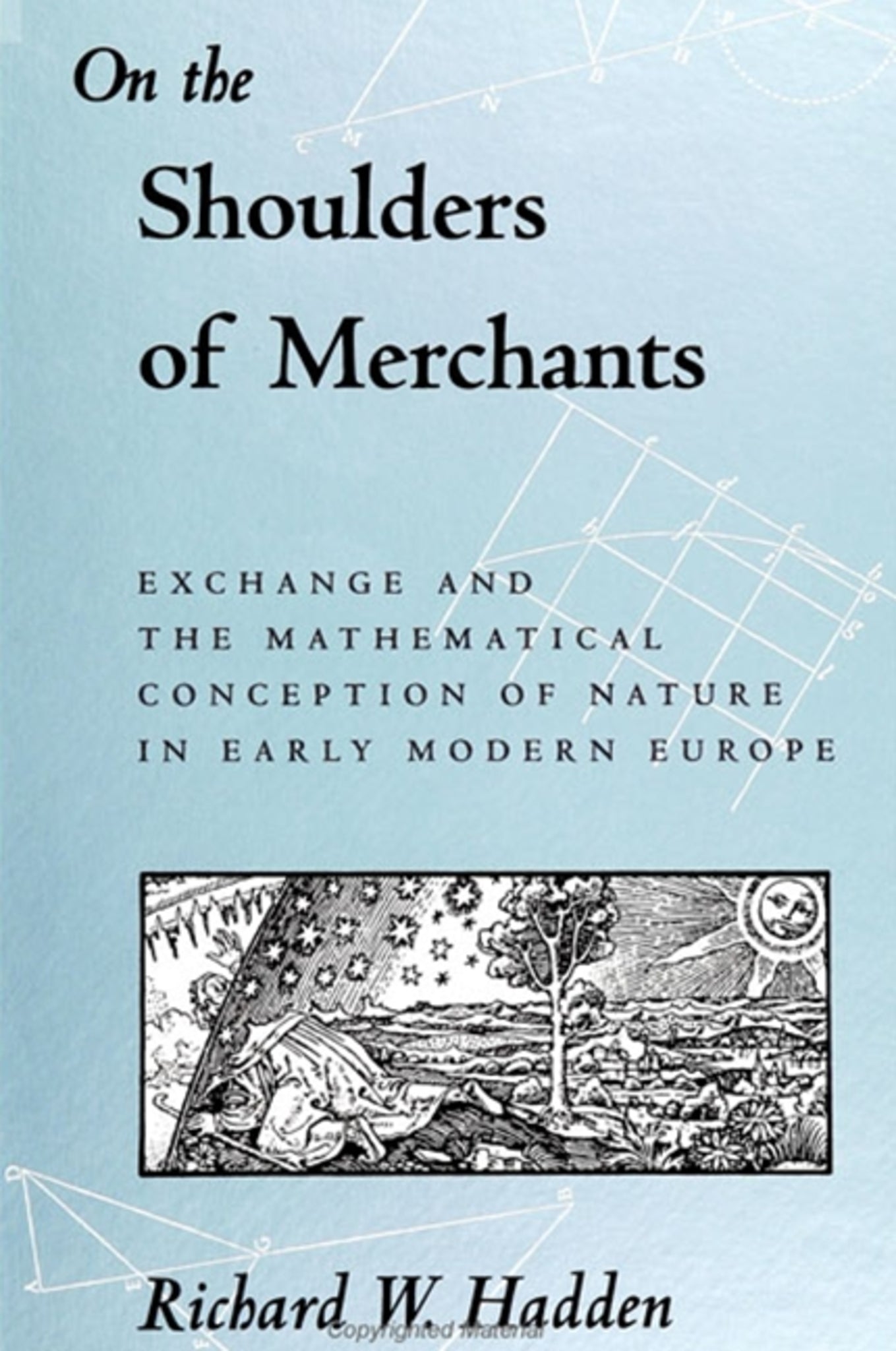We're sorry. An error has occurred
Please cancel or retry.
On the Shoulders of Merchants

Some error occured while loading the Quick View. Please close the Quick View and try reloading the page.
Couldn't load pickup availability
- Format:
-
12 August 1994

This book shows how the universal quantification of science resulted from the routinization of commercial practices that were familiar in scientist's daily lives. Following the work of Franz Borkenau and Jacob Klein in the 1930s, the book describes the rise of the mechanistic world-view as a reification of relations of exchange in the sixteenth and seventeenth centuries. Critical of more orthodox, positivist Marxist accounts of the rise of science, it argues that commercial reckoners, in keeping with the social relations in which their activity took place, delivered a new mathematical object, "general magnitude," to the new mechanics. The book is an historical extension of the sociology of scientific knowledge and develops and refines themes found in the work of Alfred Sohn-Rethel and Gideon Freudenthal.


"Hadden's originality lies in the diligence with which he pursues, at the empirical level, the connection that Marxists generally draw between capitalism's distinctive forms of social relations, based on commodity exchange and money, and modern science's distinctive modes of thought, based on universal quantification and abstraction." — Steve Fuller, Executive Editor of Social Epistemology
Acknowledgments
Introduction
1. Accounts of the Rise of Early Modern Science
Introduction
Post–World War II Accounts of the Rise of Science
Marxism, Praxis and Science
Social Relations, Value and the Mechanistic Abstraction
2. Marx, the Commodity Abstraction and Mechanistic Knowledge of Nature
Introduction
Marx, Technique and Industrial Science
Society, Thought and Historical Specification
Commodities, Value, Abstraction and Homogeneity
Commodity Fetishism and the Representation of Society and Nature
The Concrete Existence of Abstract Relations
Commerce, Finance, Credit and the Money Economy
Production, Labour and Labour-Time
3. Mathematical Mechanics and Abstraction
Introduction
Ancient Mathematics—Discontinuities
The Ontological Shift to Modern Mathematics—Jacob Klein
Mathematics and Mechanics—The Homogenization of Nature
4. Exchange Relations, Commercial Arithmetic and the Foundations of Mathematical Mechanics
Introduction
John Philoponos
The Early European Arithmetic and Record-Keeping Traditions
Thomas Bradwardine
Nicole Oresme
Robert Recorde
John Dee
Thomas Harriot
Rafael Bombelli
5. Exchange, Labour, Mathematics and Natural Philosophy: The Social Roots of a Science of Mechanics
Introduction
Niccolo Tartaglia
Galileo Galilei
Francois Viète
René Descartes
Simon Stevin
The Hartlib Circle and the Royal Society
Conclusion: Social Relations and the Intellectual Appropriation of Nature
Notes
References
Index



